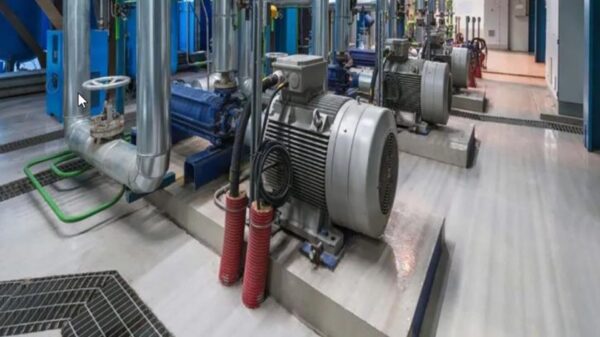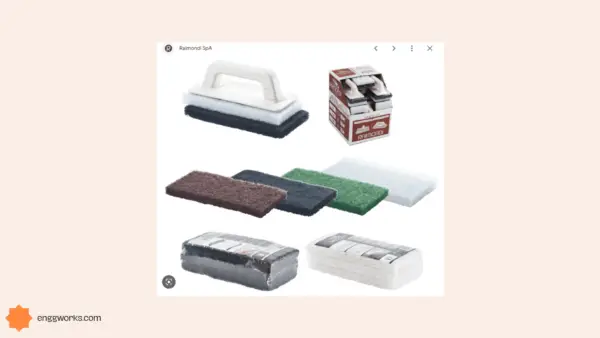Grouting often constitutes an underappreciated yet crucial step binding together tiling, masonry, concrete pad and equipment anchoring projects alike into an integral whole.
Using poorly mixed, unsuitable grouts jeopardizes structural soundness.
SpecChem answers that demand with an advanced pre-blended, just-add-water cement-based grout mix blending finely engineered aggregates, expansive agents, polymers and high-grade cements to deliver 5,000+ PSI strength capacity, non-corrosive and non-shrinking performance certified to national ASTM standards.
By optimizing particle size gradation and curing additives at the manufacturing stage, SpecChem concentrates broadly useful attributes into one dependable, labor-saving product compatible with any scale project.
From anchoring fence posts to tile backsplashes to smoothed concrete repairs, this multipurpose grout formulation stands ready to bind building elements together with adjustable rheology perfected for diverse placing needs.
What is SpecChem Multipurpose Grout?
Spechem Multipurpose Grout refers to a versatile, high-performance cement-based grout product offered by Dayton Superior Corporation for use across residential, commercial and infrastructure construction projects.
Its unique formulation blends Portland cement, graded aggregates, coloring pigments and proprietary additives into a durable, factory prepared mix requiring only on-site addition of water.
Purpose of SpecChem Multipurpose Grout
The purpose of this multipurpose grout is to deliver consistent, crack-resistant grout performance meeting ASTM C1107 specifications across multiple applications from anchoring rail posts to smoothing concrete repairs to sealing tile.
Its multipurpose nature suits small and large-scale usage. Custom colors available.
Types of SpecChem Multipurpose Grout
SpecChem offers both coarse, sand-enhanced formulations for wider joints, and finer nonsanded options for thin applications.
Available in popular Anthracite grey tone alongside custom color-matching if required.
Different versions provide either high 28-day strength above 5000 PSI or flowable nonshrinking performance depending on worksite needs.

Advantages of SpecChem Multipurpose Grout
Key advantages of SpecChem grout include:
- Just add water convenience for precision mixing
- Non-metallic will not corrode steel or stain natural stone
- High late-age compressive strength
- Freeze-thaw durable for outdoor projects
- Positive expansion ensures crack-free curing
- Adjustable consistency rheology during placement
Applications of SpecChem Multipurpose Grout
As the name suggests, SpecChem serves well across many application settings:
- Grouting stone, brickwork, concrete block, tile
- Anchoring gate posts, support columns
- Filling control joints
- Setting guard rails, bearing plates
- Precision machinery base plates
- Concrete repairs and resurfacing
SpecChem Sanded Grout Mix Ratio
For sanded grout applications, use approximately 1.1 to 1.3 quarts (25-30% by weight) of clean water added to 50 lbs grout powder. Do not exceed 1.3 quarts per bag. Adjust to reach desired placing consistency.
SpecChem Multipurpose Grout Coverage
Typical coverage rates run 20-25 sq-ft per 50 lb bag at 1/4” thickness. Exact coverage varies based on amount of water added and waste. Consult manufacturer guidelines closely.
Conclusion
SpecChem’s adaptable multipurpose cement-based grout meets demands across residential, infrastructure, commercial, and industrial settings – delivering versatile placement capacity from precision equipment grouting to large patch repairs.
Purchase conveniently factory pre-blended to minimize variables and maximize engineering quality assurance.





